Human rights and business – the first final statement from the Danish NCP and the trend towards increased accountability
Introduction
While an increasing number of Danish corporations focus on implementing CSR and respect for human rights in their business, these efforts have so far often been carried out with the understanding that, generally, there is no legal obligation to do so. Rather, such obligations have the form of “soft law” consisting of non-binding guidelines, such as the UN Guiding Principles on Business and Human Rights, and voluntary arrangements, such as UN Global Compact.
However, recent developments seem to indicate a change towards a stricter regime demanding that both international and Danish corporations act responsibly and respect human rights within their own operations as well as within their supply chain.
In this newsletter, we describe a number of recent developments which suggest a clear trend towards increased accountability in this field. Ultimately, this may lead to corporations being held directly liable for violations of human rights. This trend is illustrated by the recent final statement from the Danish Mediation and Complaints-Handling Institution for Responsible Business Conduct, which we describe below.
General global and national developments
The transition towards legally binding obligations for corporations on human rights issues is first and foremost seen on an international level. In many instances, such international developments also impact Danish corporations. The following illustrates this development:
- The UK Modern Slavery Act requires certain entities, including Danish corporations with presence or operations in the UK, to comply with reporting requirements regarding slavery and human trafficking in their own organisations as well as their supply chains, see also our recent Compliance & CSR newsletter. Similar legislation exists in other jurisdictions.
- The movement towards increased accountability for businesses in the field of human rights is also illustrated by the EU directive 2014/95/EU which requires large companies to report annually on i.a. CSR and human rights, obligating large companies to address these issues, explaining their policies and processes on these issues and describing the results achieved. These rules have been implemented in Denmark by way of the Financial Statements Act.
- The human rights working group, established by the United Nations Human Rights Council in 2014, has been given a general mandate to propose a legally binding instrument to regulate the activities of transnational corporations and other business enterprises in regard to international human rights law. Since the working group was established, a possible treaty that will legally obligate businesses to adhere to human rights has been under discussion.
- In addition, it is increasingly common in an international context for businesses to undertake contractual obligations requiring them to respect human rights. Such obligations may arise, for instance, if a customer requires its supplier to undertake certain obligations in relation to human rights (please also refer to the description below of the recent statement from the Danish NCP). Further, certain financial institutions condition the provision of financing upon the borrower undertaking minimum requirements in respect of human rights and may even require that specific human rights due diligence be carried out.
- As a consequence of the Rana Plaza accident described below, French legislators have taken steps towards ensuring corporate accountability. In 2015, a bill was tabled in the French Parliament on corporate liability for human rights issues called the “Duty of Vigilance”, subjecting French companies with more than 5,000 French employees or more than 10,000 global employees to a requirement of implementing a mandatory due diligence plan in order to protect human rights within their supply chain. The proposed bill states that companies failing to comply with such obligation could face sanctions and civil liability. If adopted as proposed, the bill could assert new international standards for non-compliance with human rights. However, the wording is currently facing political challenges. As for now, the bill undergoes the legislative process and is planned to be reconsidered for final adoption by the French National Assembly in early 2017.
A similar trend towards increased accountability is seen in Denmark, especially in terms of supply chain management. A few recent Danish rulings illustrate this development:
- The Danish Mediation and Complaints-Handling Institution for Responsible Business Conduct (the Danish OECD National Contact Point or the “NCP”) has recently issued its first final statement. As described below, the NCP found that with respect to one of its suppliers located in Bangladesh, a Danish corporation operating two menswear chains did not have risk and decision-making systems required to fulfil the due diligence requirements laid down in the OECD Guidelines for Multinational Enterprises (the “OECD Guidelines”). Although the NCP cannot issue binding rulings, the Danish menswear company has stated that it will work with the recommendations issued by the NCP and report on its progress within a year.
- Furthermore, a ruling from the Danish Complaints Board for Public Procurement addressed the issue of whether in a construction contract the owner could hold the contractor liable if his subcontractors violated certain labour clauses or requirements in respect of four international conventions and declarations on human rights, environment and corruption. The contractual clause in question specifically mentioned that any contractor should respect the UN Declaration on Human Rights, the ILO Declaration on Fundamental Principles and Rights at Work, the Rio Declaration on Environment and Development and the United Nations Convention against Corruption. The Complaints Board found that a contractor’s or subcontractor’s violation of a contractual clause regarding human rights was a material breach of contract. The ruling is an example of contractual obligations on human rights issues becoming material standard clauses in commercial contracts.
The first final statement from the Danish NCP
In its first final statement the Danish NCP, which acts as a judicial board handling cases relating to non-compliance with the OECD Guidelines, handled a complaint from Clean Clothes Campaign Danmark and Aktive Forbrugere against PWT Group A/S regarding its supply chain management. PWT Group A/S used a supplier, the textile manufacturer New Wave Style Ltd., which was located in the Rana Plaza building in Dhaka, Bangladesh. The Rana Plaza building collapsed on 24 April 2013 killing 138 people and injuring more than 2,000. On this basis, the complaint was brought to the NCP claiming that PWT Group A/S violated the OECD Guidelines by failing to carry out due diligence in relation to its supplier. The NCP held that PWT Group A/S was not responsible for the collapse. However, the NCP also concluded that PWT Group A/S did not apply processes for due diligence in compliance with the OECD Guidelines and failed to require that the supplier ensured its employees’ basic human and labour rights, and further failed to take adequate steps to ensure occupational health and safety at the workplace.
Notably, PWT Group A/S argued that it had in fact established risk systems, which assessed the conditions for its supplier’s employees. In addition, PWT Group A/S had inspected the supplier’s premises and discovered no circumstances that could have resulted in a risk of adverse impact at the supplier’s facility. However, the NCP found that these risk, decision and inspection systems were not clearly documented, and as a result the NCP concluded that PWT Group A/S did not fulfil the due diligence requirements in the OECD Guidelines. This highlights the need for documentation of all steps in the due diligence process regarding health and safety in the supply chain.
Separately, the NCP noted that today the OECD Guidelines’ obligation to ensure health and safety in the workplace also entails an obligation to perform a risk assessment of the safety of construction of buildings.
Recently, cases on similar and related issues have also been brought before NCPs in the Netherlands, France, Sweden and Norway.
What should businesses do? Key take-aways from the Danish NCP ruling
Danish corporations which operate internationally should note that the Danish NCP now has demonstrated that it can take an active role in overseeing Danish corporations’ compliance with the OECD Guidelines. To avoid the risk of becoming involved in proceedings before the NCP, Danish multinationals must familiarise themselves with the OECD Guidelines and incorporate the principles into their own activities as well as activities in their supply chain. In addition to recommendations on supply chain management, the guidelines contain recommendations on responsible business conduct in areas such as employment and industrial relations, human rights, environment, information disclosure, combating bribery, consumer interests, science and technology, competition, and taxation. Breaches in any of these areas may lead to corporations becoming involved in proeedings before the Danish NCP. Moreover, corporations must ensure that all of their compliance steps are duly documented.
What now?
As global and national regulatory bodies increasingly focus on human rights issues in the business community, corporations must ensure compliance with all relevant rules and regulations in this field. Even though there seems to be a clear trend towards increased accountability for corporations with respect to human rights, it is our assessment that it will take time to turn the soft law human rights regime into hard law. Corporations should also keep in mind that although the risk of being held legally accountable for human rights violations is not currently high for most corporations, the reputational risks are severe. Danish corporations, especially those operating in an international context, should therefore start preparing for a regime of increased accountability with respect to human rights. Businesses should carry out a risk assessment in respect of their activities, taking into account factors such as the geographical location, the type of business and the manner in which the business is carried out. Depending on the outcome of the risk assessment, it may be prudent to undertake human rights due diligence, for instance in respect of specific projects. Finally, procedures, such as human rights policies and codes of conduct as well as awareness training, should be put in place to ensure ongoing compliance.
The increased accountability in relation to human rights makes compliance an important point on the agenda for any forward-looking corporation. Gorrissen Federspiel closely follows the developments in the business and human rights area and will continue to report on any developments and issues as they arise. Gorrissen Federspiel is specialised in compliance and may assist with queries in relation to the OECD Guidelines, the UN Guiding Principles and similar human rights regulation, advising in connection with potential human rights violations, drafting human rights and business ethics policies, policies on ethical investments, whistleblower schemes and interaction with stakeholders.
Gå ikke glip af vigtig juridisk viden - Tilmeld dig vores gratis nyhedsservice
her →


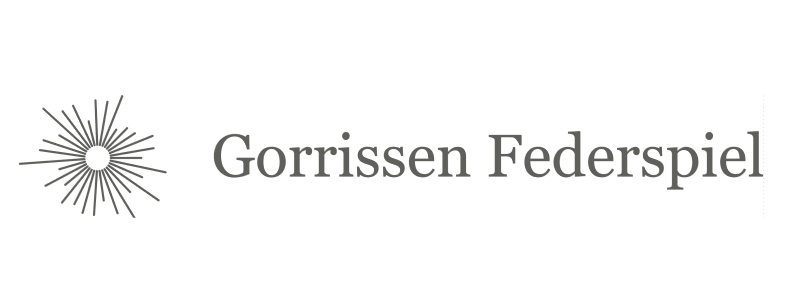





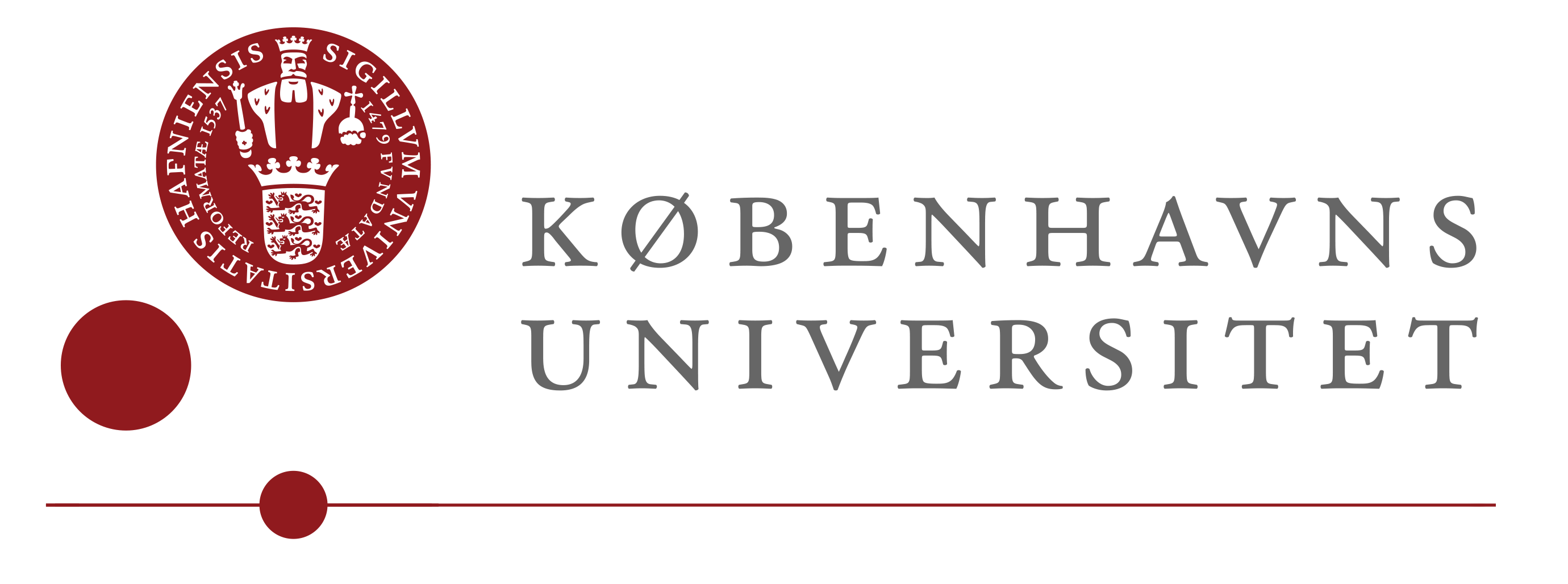

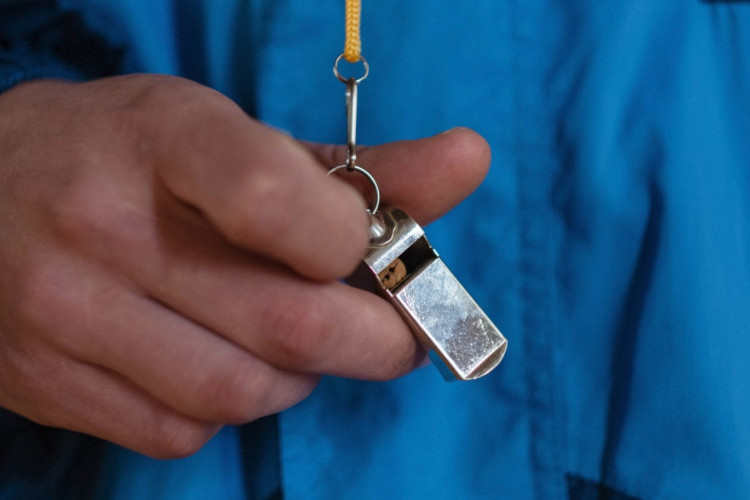






-medium.jpg)
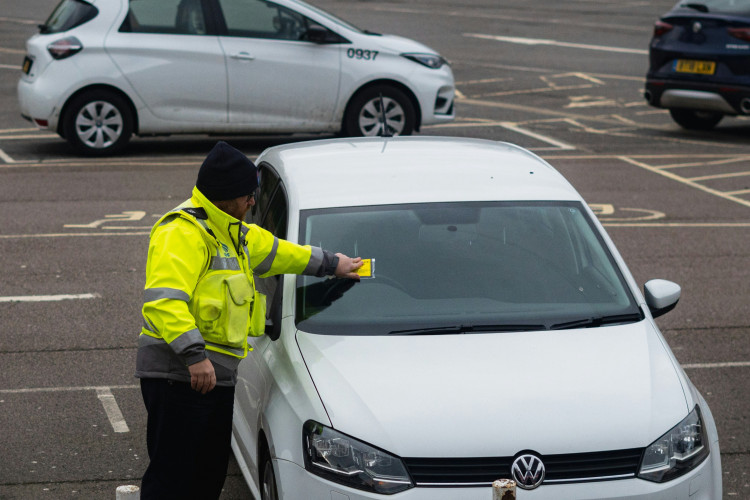


-medium.jpg)